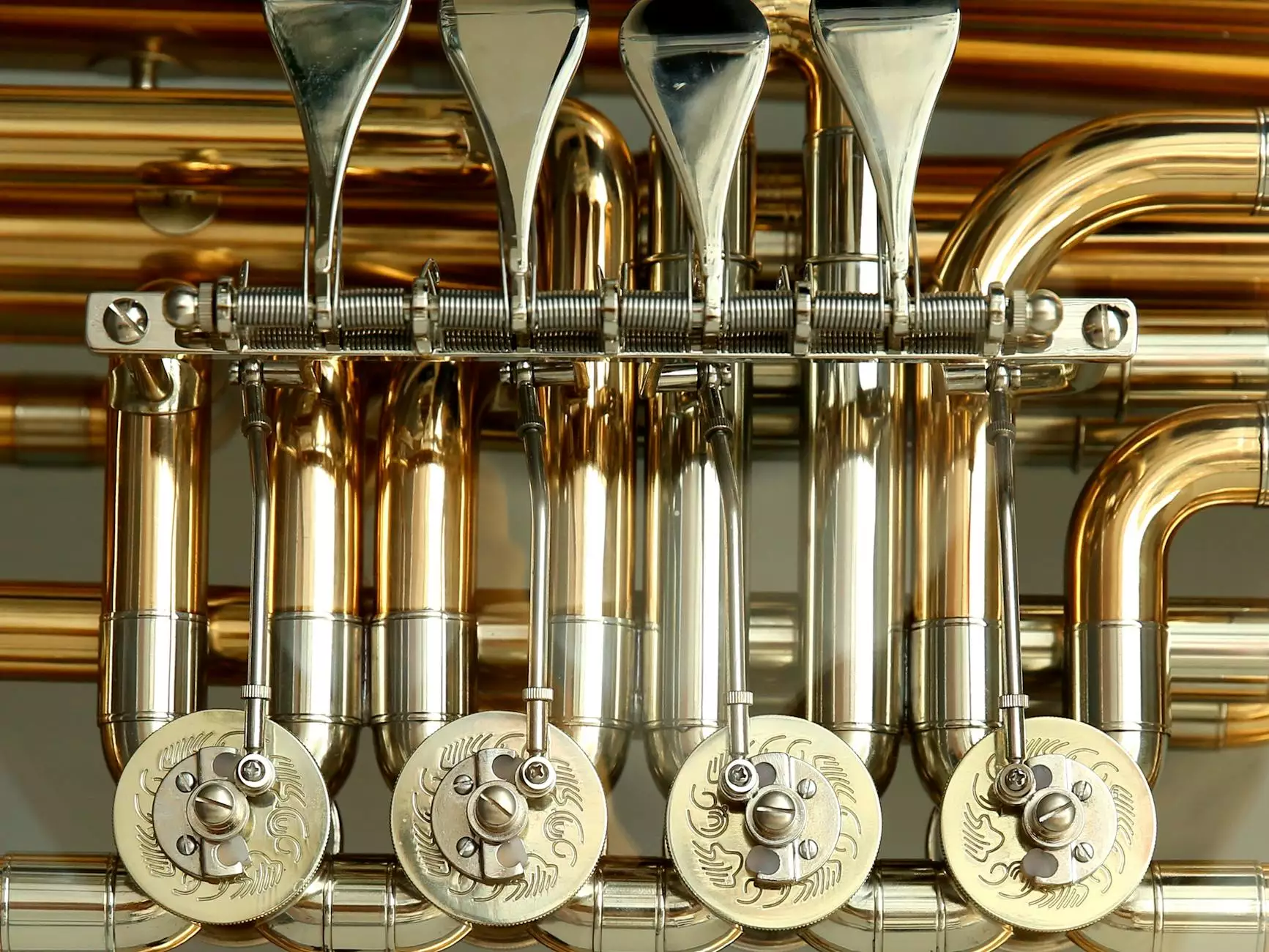The Comprehensive Guide to Hydraulic Ball Valves

In the ever-evolving world of hydraulic systems, equipment efficiency and reliability are paramount. One of the essential components that often goes unnoticed but plays a crucial role in fluid control is the hydraulic ball valve. In this article, we will explore the ins and outs of hydraulic ball valves, detailing their features, benefits, various types, and applications. This extensive guide aims to equip you with all the knowledge necessary to make informed decisions regarding hydraulic fittings for your systems.
What is a Hydraulic Ball Valve?
A hydraulic ball valve is a type of valve that uses a spherical disc, known as a ball, to control fluid flow. When the valve's handle is turned, the ball rotates, allowing or blocking the flow of hydraulic fluid. This simple yet effective mechanism is highly regarded in various industries due to its reliability and efficiency.
Key Features of Hydraulic Ball Valves
Understanding the key features of hydraulic ball valves is crucial for selecting the right valve for your specific applications. Here are some essential characteristics:
- Durability: Hydraulic ball valves are known for their resilience even under high-pressure and high-temperature conditions.
- Minimal Fluid Resistance: The ball design allows for a straight-through flow, minimizing turbulence and pressure drop.
- Quick Operation: The quarter-turn mechanism provides rapid opening and closing of the valve.
- Variety of Materials: Available in materials such as brass, stainless steel, and PVC, they can be used in different environments.
Types of Hydraulic Ball Valves
Hydraulic ball valves come in several types, tailored to different applications and requirements. Understanding these types can help you choose the right valve for your needs:
1. Two-Way Ball Valves
These are the simplest type, featuring two ports and offering an on/off flow control. They are suitable for most basic applications.
2. Three-Way Ball Valves
Three-way ball valves have three ports and can direct flow to different lines, making them ideal for diverting applications.
3. Four-Way Ball Valves
Used primarily in hydraulic circuits, four-way valves can control the flow of fluid in multiple directions, making them highly versatile.
4. Specialty Ball Valves
These include valves with unique features such as anti-static designs, which are essential in specific industries like chemical processing.
Benefits of Using Hydraulic Ball Valves
The advantages of integrating hydraulic ball valves into your systems are significant and should not be overlooked:
- Efficiency: Due to their design, hydraulic ball valves allow for efficient fluid flow, which can improve the overall system performance.
- Reliability: With fewer moving parts than other valve types, there is less that can go wrong, leading to lower maintenance and repair costs.
- Versatility: Hydraulic ball valves can be used in a wide range of applications, from commercial buildings to heavy machinery.
- Easy Operation: The quarter-turn operation makes them very user-friendly and requires minimal effort to operate.
Applications of Hydraulic Ball Valves
Due to their robust design and reliable functionality, hydraulic ball valves are employed in countless applications across various industries:
- Manufacturing: Used in hydraulic presses and production lines where precise flow control is essential.
- Oil and Gas: Implemented in pipelines for flow regulation and safety, ensuring efficient resource handling.
- Agriculture: Hydraulic systems used in tractors and other farming equipment rely on ball valves for efficient fluid management.
- Construction: Heavy machinery utilizing hydraulic systems depends heavily on reliable ball valves for productivity.
How to Choose the Right Hydraulic Ball Valve
Selecting the right hydraulic ball valve requires careful consideration of several factors:
- System Specifications: Understand the pressure and temperature range your system operates within.
- Fluid Type: Ensure the valve material is compatible with the fluid being used, whether it's oil, water, or chemicals.
- Size and Port Configuration: Match the valve size to the piping system dimensions for optimal flow.
- Regulatory Compliance: Ensure the valve complies with industry standards relevant to your application.
Maintenance Tips for Hydraulic Ball Valves
Proper maintenance of hydraulic ball valves is crucial to extend their lifespan and ensure efficiency:
- Regular Inspections: Periodically check for leaks and operational efficiency.
- Cleansing: Clean the valve surfaces and ensure there are no debris or contaminants affecting performance.
- Lubrication: Apply appropriate lubricants to ensure smooth operation of moving parts.
- Replacement: Be proactive about replacing valves that show signs of wear or damage.
Conclusion
In summary, the hydraulic ball valve is an indispensable component in the hydraulic systems of diverse industries. Their robust design, efficiency, and reliability make them a top choice for fluid control. By understanding the various types, benefits, and maintenance requirements of hydraulic ball valves, you can ensure optimal performance for your hydraulic systems. If you’re looking for quality fittings, be sure to check out fitsch.cn for a variety of hydraulic fittings for sale, including high-quality hydraulic ball valves. Tailor your choice to your specific needs, and enjoy the efficiency and reliability they bring to your systems.



